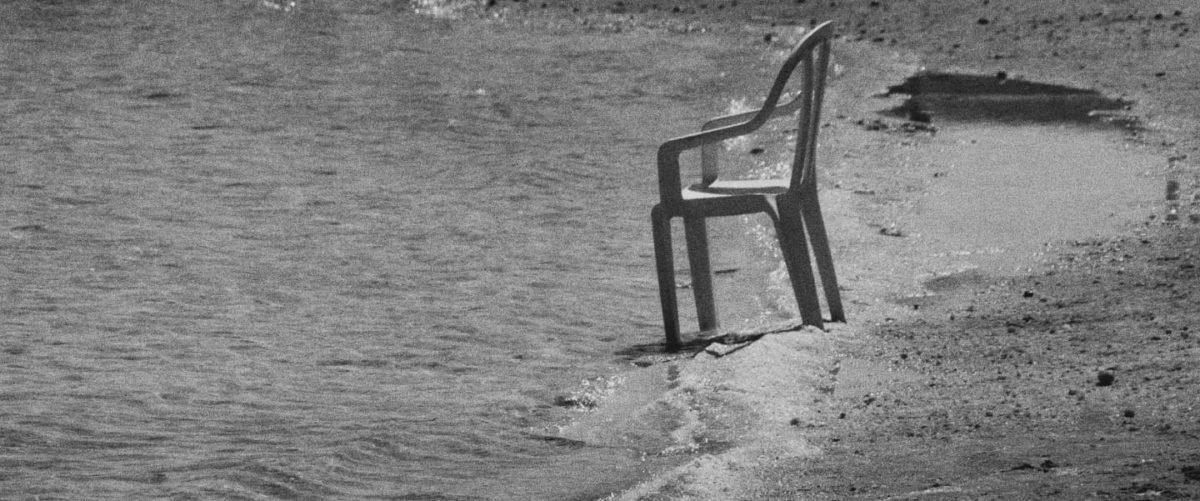How Big Ag & Aging Infrastructure Are Blighting Our Beaches
Published Jun 14, 2022

Beach visits are a staple of summer fun around the country. But each year, families face more beach closings thanks to old infrastructure and agricultural pollution.
Update (July 9, 2024): In May, the Environmental Protection Agency released a report identifying $630 billion in needed upgrades to U.S. wastewater and stormwater infrastructure over the next two decades.
These needs have grown 73% since 2012, largely because of our aging infrastructure and the climate crisis, which is driving more frequent and intense storms that overload outdated stormwater systems. To defend our drinking water, our waterways, and our beaches, we need dedicated federal funding for our water infrastructure through the WATER Act.
(Data in this article has been updated with new figures from the EPA’s How’s My Waterway portal and the EPA annual beach report from July 2024.)
For many families, summer means time at the beach! Streams, rivers, lakes, and oceans are huge recreational draws — and they should be. They’re a natural resource we should all be able to enjoy. But broken wastewater infrastructure and giant corporations are bringing on summertime sadness. Beach closings are on the rise.
From Bathrooms to Beaches
We all know sewage spills hurt the environment. They pollute rivers, streams, and other waters. Their toxins and pathogens endanger our health. Toxic overflows destroy aquatic ecosystems, kill fish, and close shellfish harvesting areas. And as we try to enjoy the summer season, sewage spills have made many waters too polluted to swim, boat, or fish in. Over the last five years, about 30% of U.S. beaches have had at least one advisory or closing each year.
Aging and poorly designed sewage and stormwater systems lead to closures. Sewer spills and septic tanks led to nearly one-fifth of beach closings and advisories with known causes. Stormwater runoff caused another 40%. Many more with unknown causes (about half of all closures) were certainly related to wastewater and stormwater events.
Big Ag’s Waste Coming Ashore
Pollution from industrial agriculture and other sources leaves two-thirds of U.S. estuary waters at greater risk for harmful algal blooms. And that means more unhealthy and even dangerous waters and beaches. For example, less than a third of the shoreline along the Great Lakes is in good biological condition. A third is in fair or poor condition.
Agricultural pollution wreaks havoc on all types of water bodies and waterways. Excess nutrients, often from factory farm waste and fertilizers, are polluting 42% of our rivers and streams and 45% of lakes. Of all U.S. wetland area, 53% are not considered healthy based on their biological communities.
How You Can Help Protect Our Beaches
The handful of giant multinational corporations that control U.S. agriculture care more about profit than human health. They brazenly pollute, while would-be government regulators do little to stop them.
But we can step in to defend our beaches. We can demand funding to improve wastewater systems and address stormwater. And we can stand up for commonsense policies and legislation like the WATER Act to help save our water and our beaches.
Food & Water Watch is fighting to spread the word about this landmark legislation — the bill already has nearly 100 co-sponsors in Congress! It’s the best way to start restoring federal support for water protections. At the same time, we’re standing up to the corporate polluters ruining our beaches and waterways.
This summer, as millions of us head for the sand, let’s remember that our waterways need our help. Our beaches — and our summertime traditions — depend on our action.
Help save our shores. Tell Congress to support the WATER Act!
Enjoyed this article?
Sign up for updates.
TO TOP


